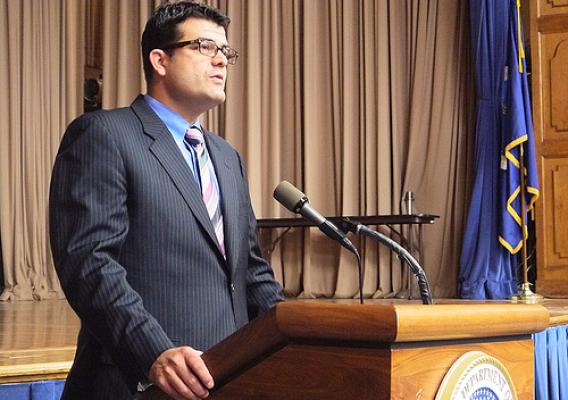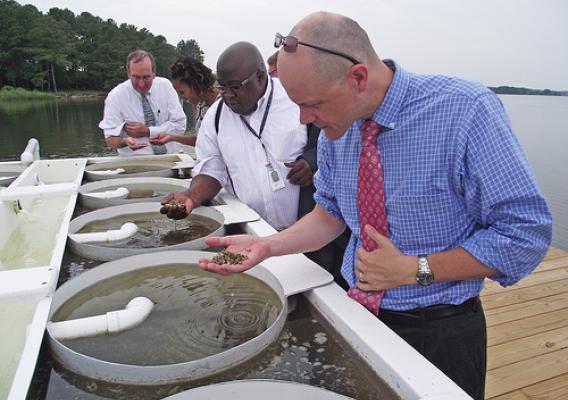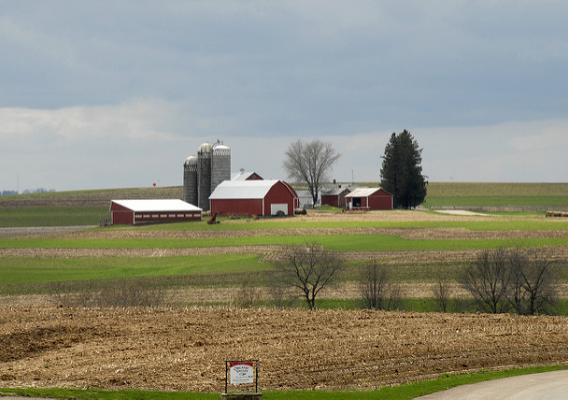Cross posted from the White House Blog:
Today, the White House released a new report detailing the important benefits provided by the bipartisan Senate immigration reform bill for the domestic agriculture sector, its workforce, and rural American communities. As the report states, in recent years, the agriculture sector has seen strong growth, with farm income and agriculture exports both reaching historic highs. But there’s more work to do, and currently the agriculture industry is hampered by a broken immigration system that fails to support a predictable and stable workforce. Among all economic sectors, the U.S. agriculture sector is particularly reliant on foreign-born workers. Agricultural producers cite difficulty in locating qualified available authorized workers—both foreign and domestic—as one reason for the high rate of undocumented labor. Moreover, there continues to be insufficient U.S. workers to fill labor needs: of those crop workers surveyed between 2007 and 2009, 71 percent were foreign born.
As President Obama said in his State of the Union address, "If we’re truly committed to strengthening our middle class and providing more ladders of opportunity to those who are willing to work hard to make it into the middle class, we’ve got to fix the system. We have to bring this shadow economy into the light so that everybody is held accountable — businesses for who they hire, and immigrants for getting on the right side of the law. That’s common sense. And that’s why we need comprehensive immigration reform."




